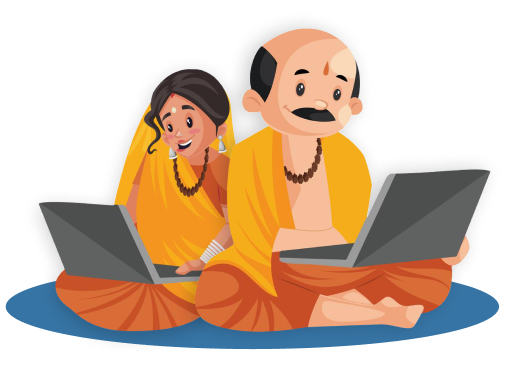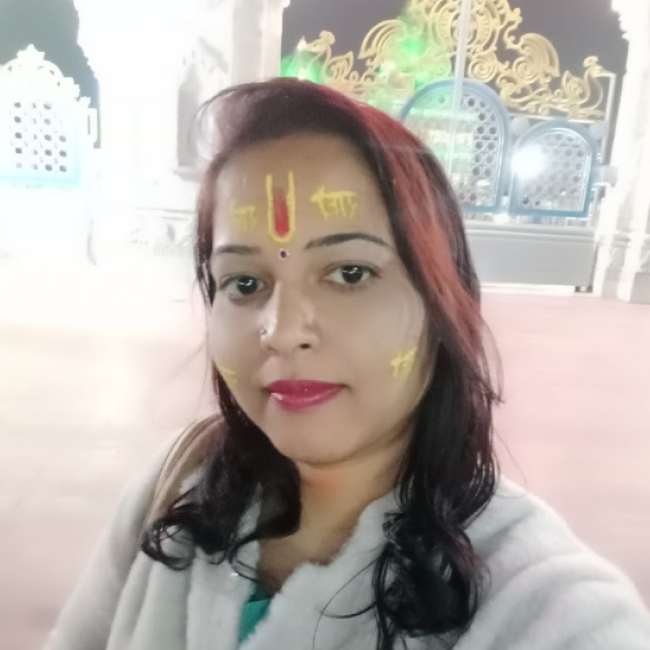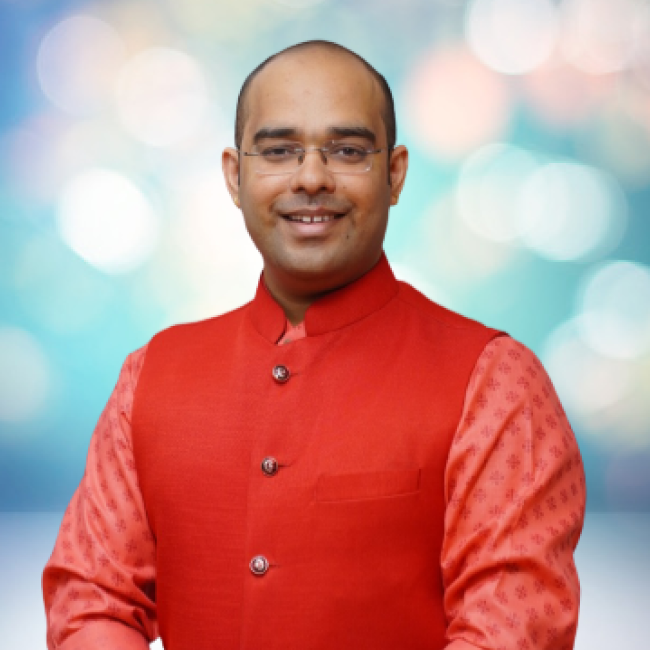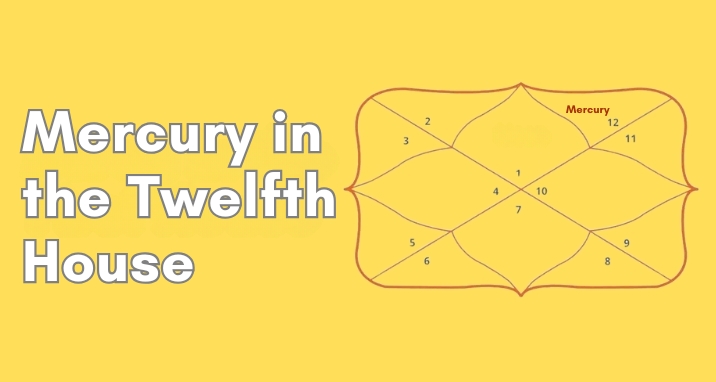Jivitputrika Vrat 2024 – Rituals, Significance, Dates and More!
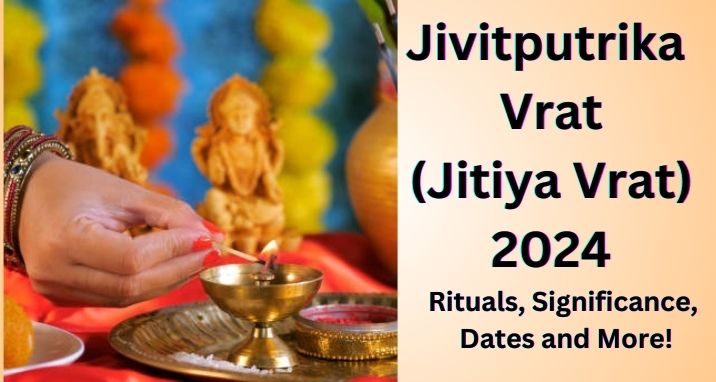
Is there any force more formidable than the love of one’s mother? Probably Not! Hinduism is full of instances and rituals that honours and exemplify the love a mother has for her kid. One such ritual is Jivitputrika vrat. Let us tell you more about it.
What is Jivitputrika Vrat?
Jivitputrika Vrat is observed by mothers for the well-being and long life of their children. It is observed on the Ashwini month of the Krishna Paksha during Ashtami Tithi. It is also known as Jitiya Vrat.
It is celebrated with utmost dedication, especially in the northern and eastern states such as Bihar, Jharkhand, Uttar Pradesh, and Madhya Pradesh. It is also observed in the Himalayan country of Nepal.
In 2024, the Jivitputrika Vrat will be observed on the September 25th.
What is the Importance of Jivitputrika Vrat?
It is said that by observing Jivitputrika vrat, one can protect their children and remove fears about family well-being. The fast can also help in overcoming severe pains and problems.
The festival starts on the Ashtami Tithi of the Ashwini Krishna Paksha and ends on Navami, during the Pradosh Kaal Vyapini of Ashtami. In some places, the fast ends with Saptami Vyapini, but Ashtami is considered the best time for this vrat. The Pradosh time is seen as the ideal time for prayers to ensure the protection of children, especially sons.
What is the Story Associated with the Jivitputrika Vrat?
Jivitputrika Vrat has its origin in Mahabharata. Ashwatthama, who was the son of the Dronacharya became very upset over the news of the death of his father at the hands of the Pandavas. So, to get revenge, he sneaked into the tents of the Pandavas, where he found 5 figures in deep sleep. Ashwathama, wrongly assumed them to be the Pandavas and killed them. However, they were not Pandavas but their sons instead.
Afterward, when Ashwatthama was confronted, he became very furious. And he killed the unborn son of Abhimanyu and Uttara. Lord Krishna intervened and brought the child to life. The child was resurrected and was known as Jivitputrika.
There is another legend associated with Jivitputrika Vrat as well.
Once, there was a king named Jimutavahana. He was dedicated to the welfare of his subjects and believed in the greater good. For his spiritual upliftment, he denounced his throne and the comforts of the royal life and gave the kingdom to his brothers. He went to a forest, to live a life of simplicity.
In the forest, he met an elderly woman, who was crying. She belonged to the Nagvanshi clan and revealed the reason for her despair when inquired by him. She told him that as per the traditions her son was to be sacrificed to the Pakshiraj Garuda, the king of the birds. To whom, every day, a serpent from the Nagvanshi clan was offered. Jimutavahana was moved by the woman’s grief and promised to protect her son. He decided to take the place of the son in a very selfless act and to give his own life instead. So, when Garuda arrived, he was shocked to see a calm Jimutavahana waiting for him. When the Garuda enquired about the true identity of the king, he was moved by his courage. As a result, he not only spared his life but also ended the practice of sacrificing serpents. This act of compassion became the basis of Jivitputrika vrat.
Rituals of the Jivitputrika Vrat
Jivitputrika vrat is a 3 days ritual. They are as follows:
Nahai Khai
The first day of the fast is called Nahai-Khai, meaning “bath and eat.” On this day, mothers wake up early, take a holy bath, and eat a special meal. This meal is their last before the fast, giving them energy for the next day of strict fasting. They also clean the house and get all the items ready for the next day’s rituals.
Jivitputrika Vrat
The second day is the main day of fasting. On this day, mothers observe Nirjala Vrat. Some women follow a less strict fast called Khur Jitiya, where they are allowed to drink water. During the day, women gather in groups to recite mantras and sing bhajans. In the evening, they perform a special puja, offering food like wheat, rice, pulses, fruits, and sweets to the gods. They mainly worship Bhagwan Vishnu, Bhagwan Shiva, and Bhagwan Ganesha asking for divine protection for their children.
Paaran
The third day, called Paaran, marks the end of the fast. After Ashtami Tithi ends, mothers break their fast by eating a special dish. They often eat Kaddu ki Kheer. This day’s rituals symbolise the end of their spiritual and physical effort, bringing in happiness and celebration.
Frequently Asked Questions
Q: What is the significance of Jivitputrika Vrat?
A: Jivitputrika Vrat is observed by mothers for the well-being and long life of their children.
Q: Which God is worshipped on Jivitputrika?
A: On Jivitputrika, Bhagwan Shiva and Bhagwan Vishnu are worshipped.
Q: On which date, the Jivitputrika Vrat will be observed?
A: In 2024, the Jivitputrika Vrat will be observed on the September 25th.


